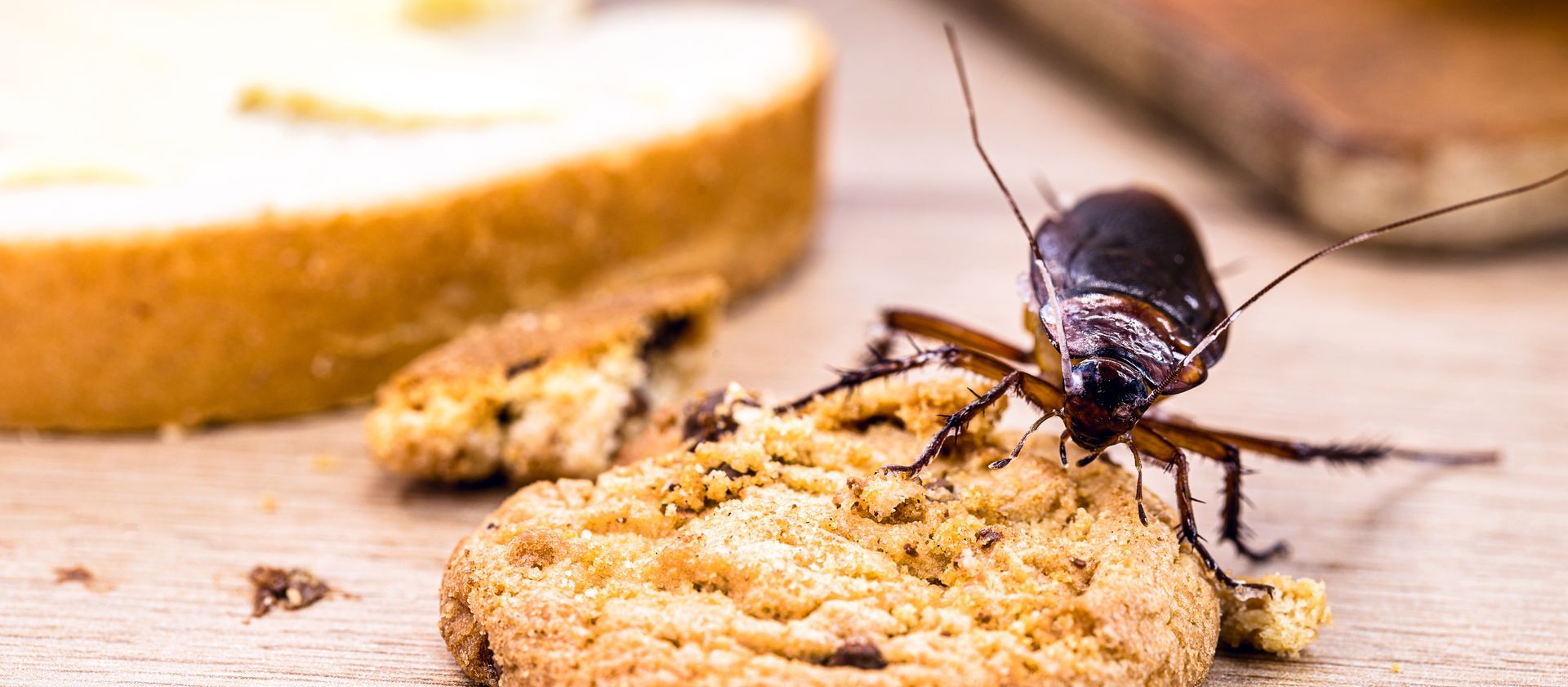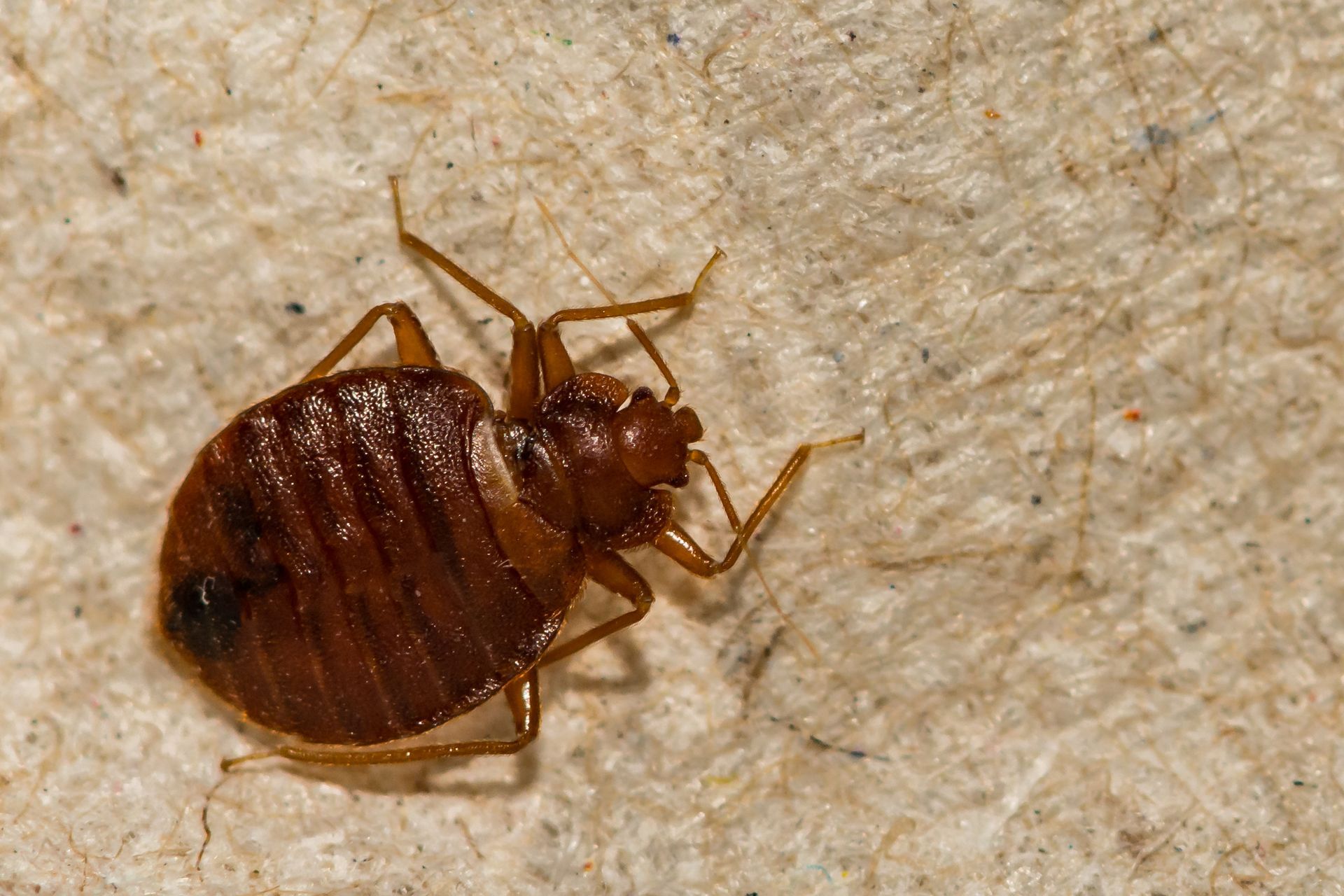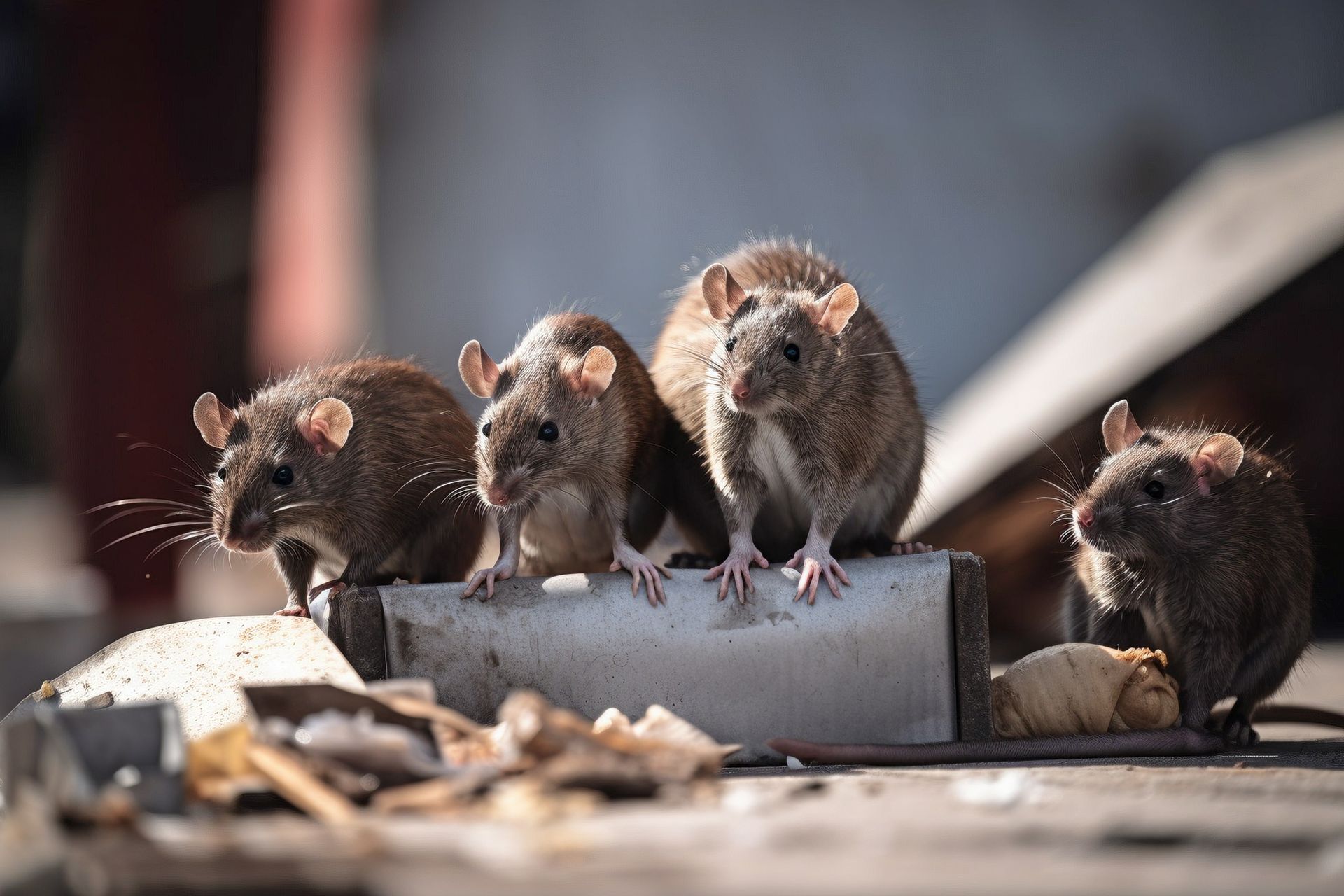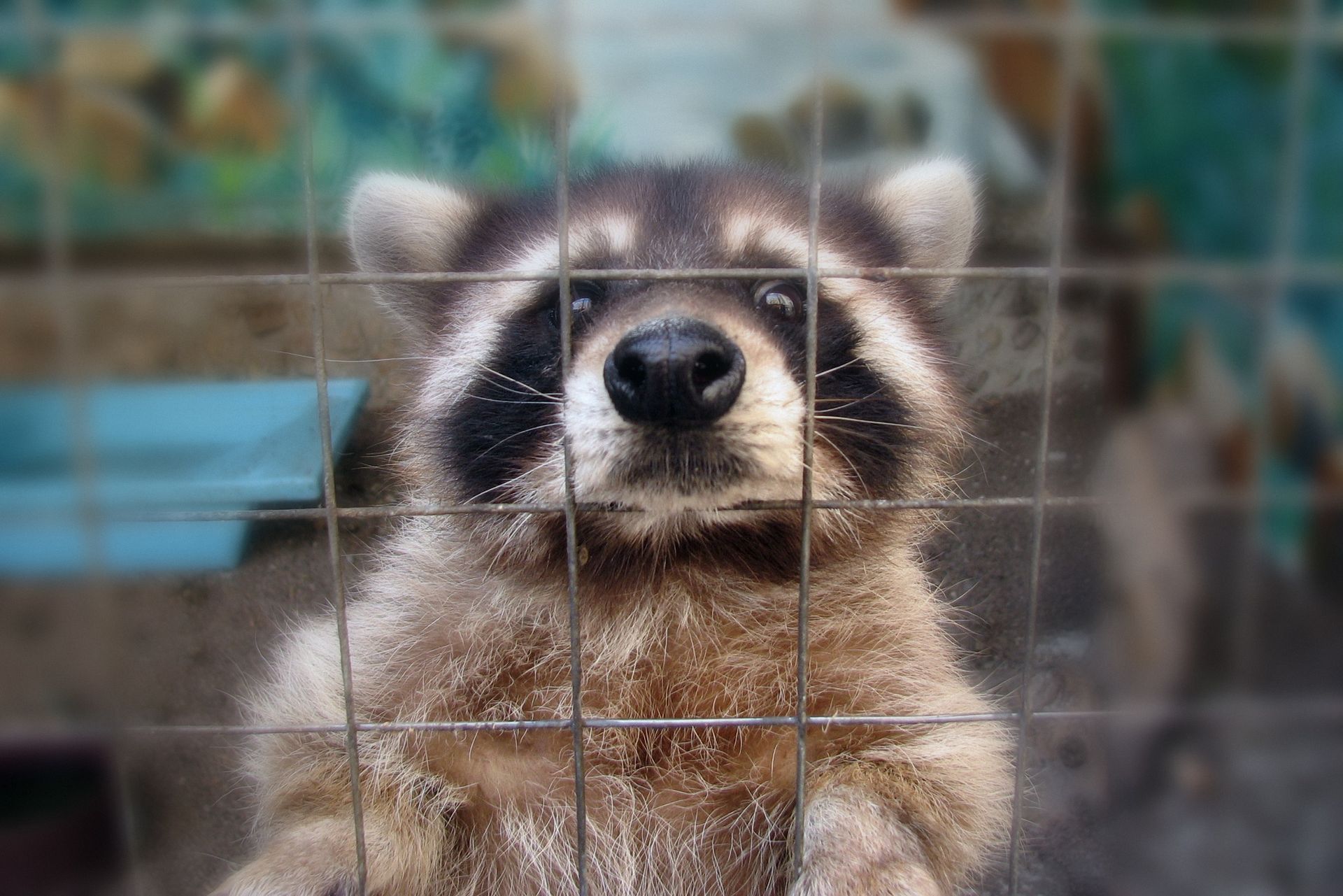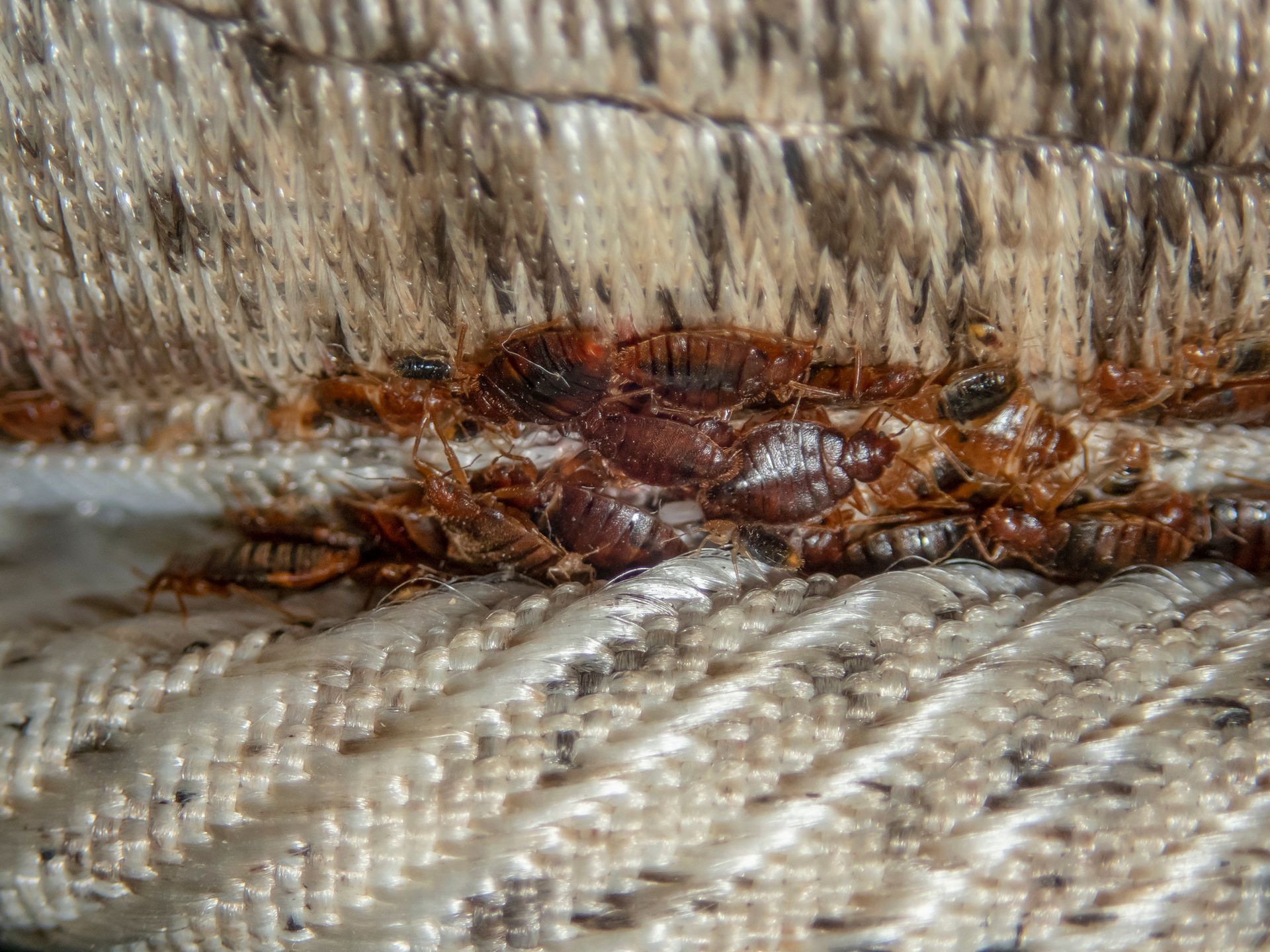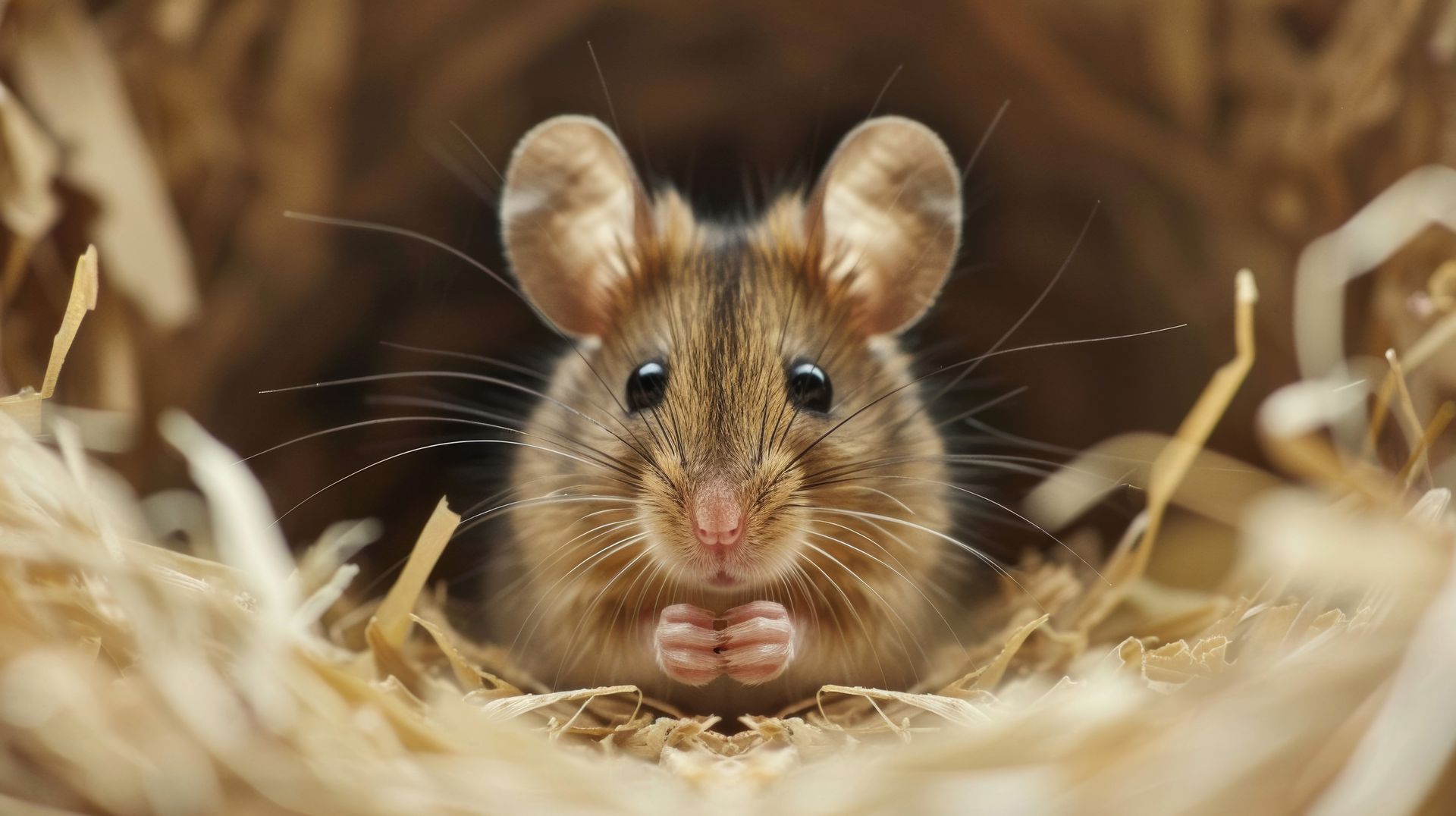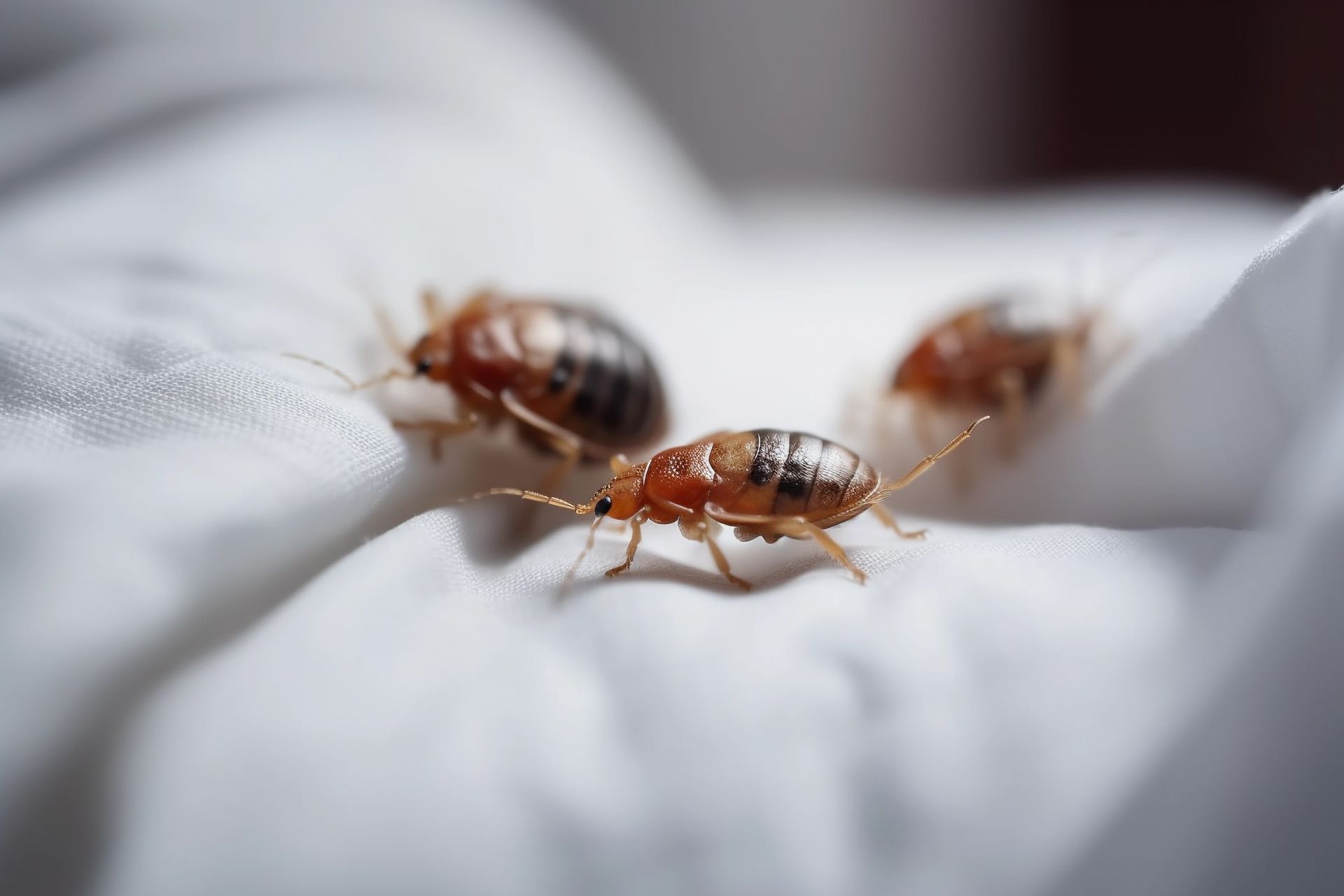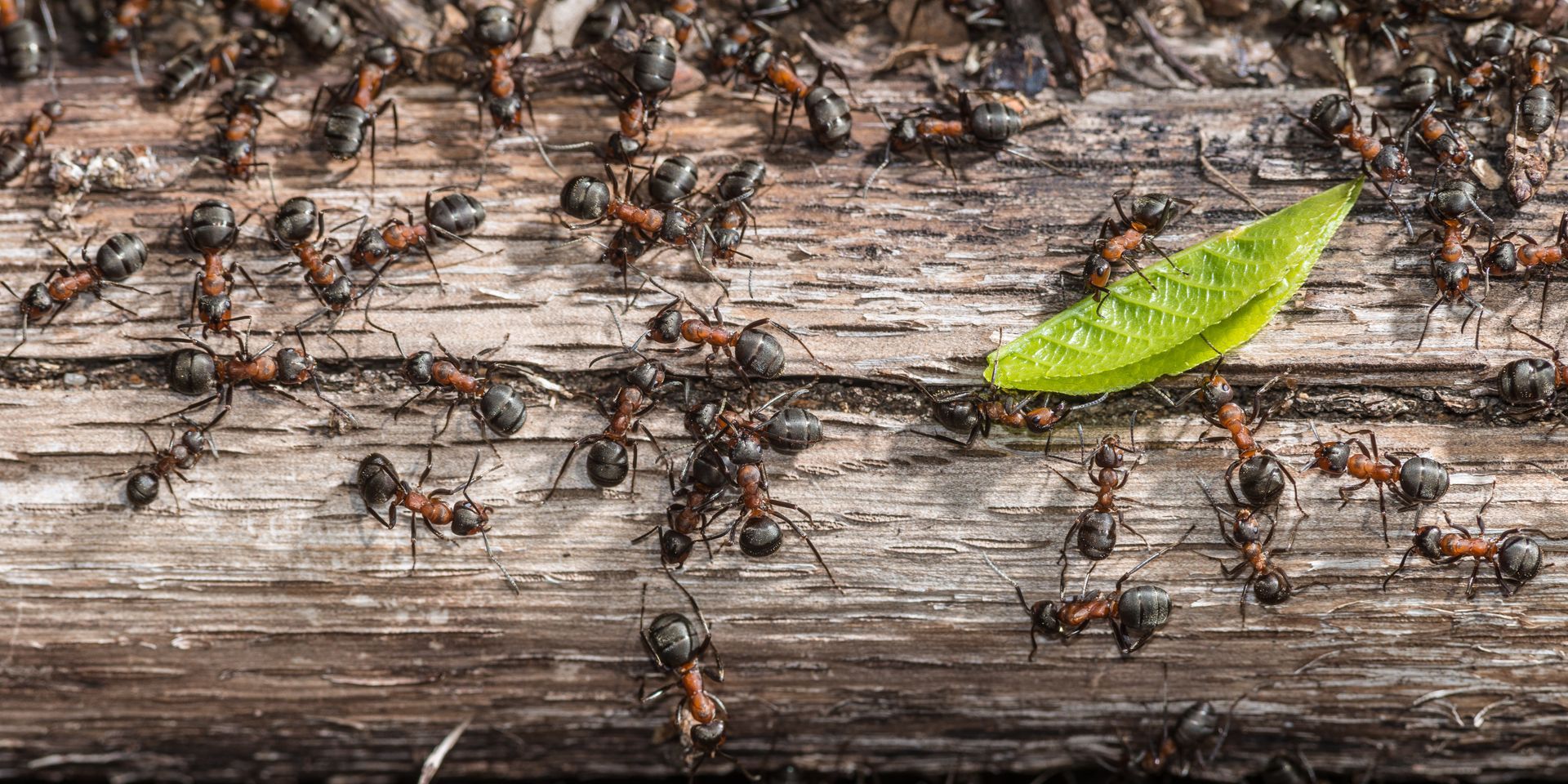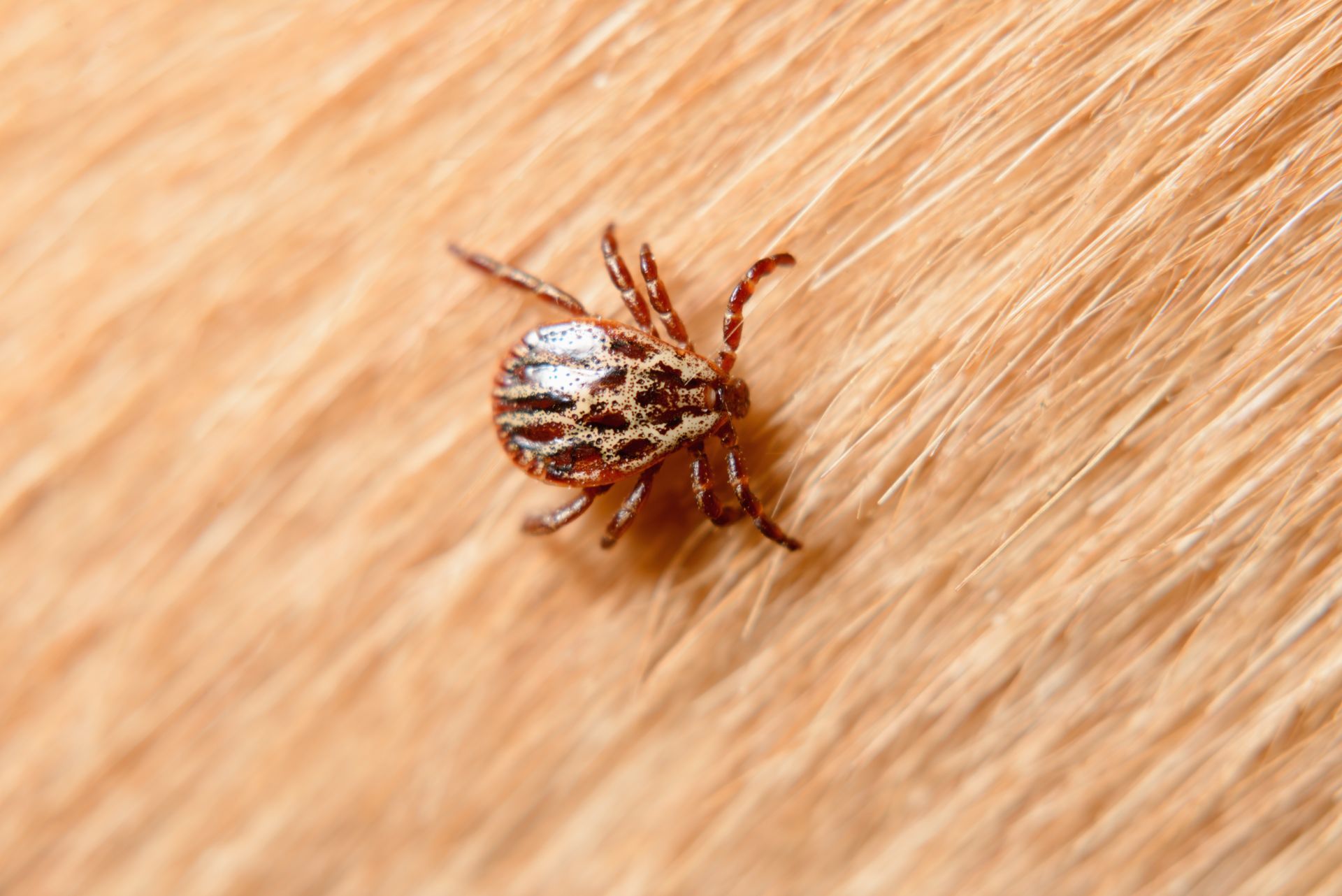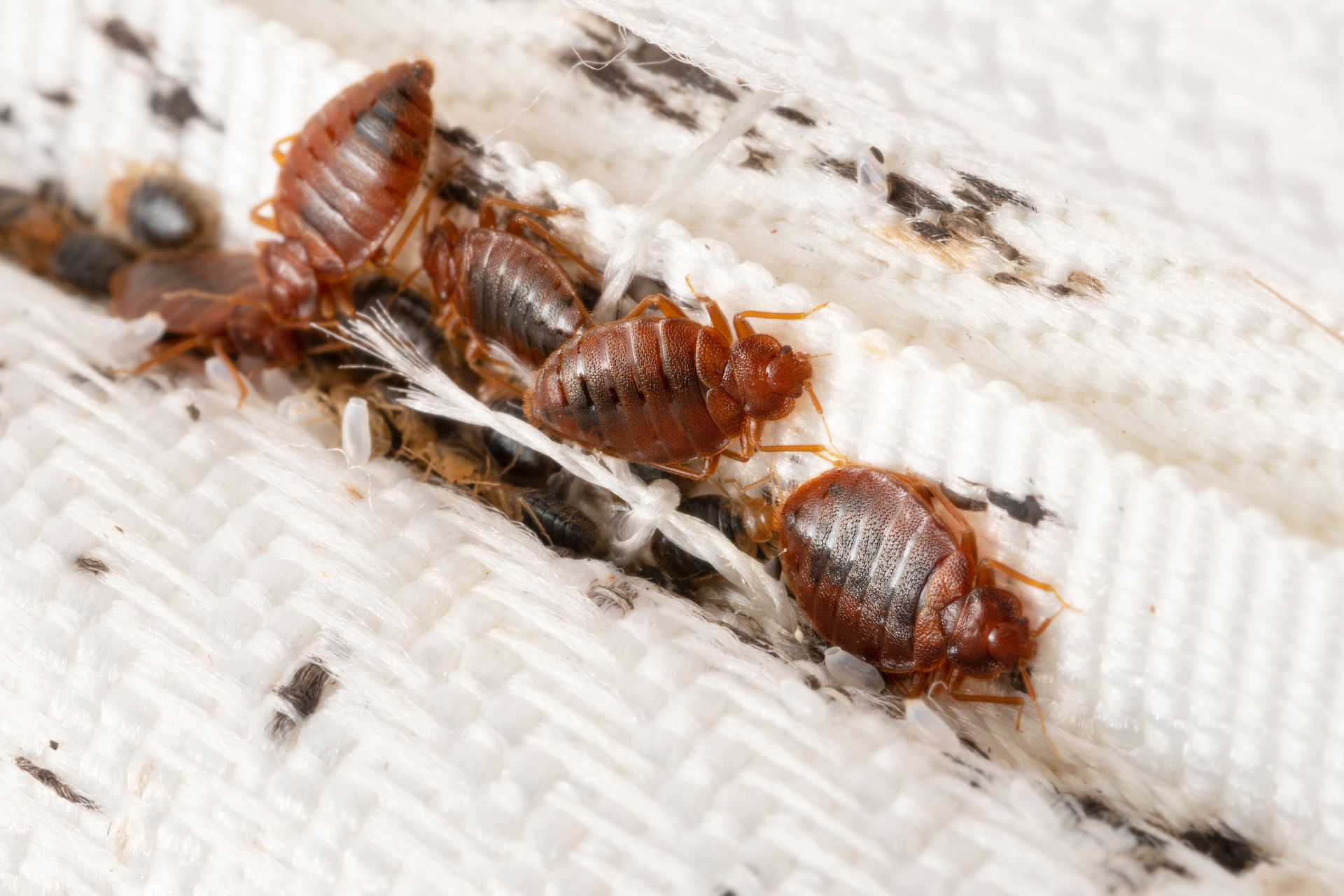Rodent Control Tampa: Identifying and Managing Rodent Pests
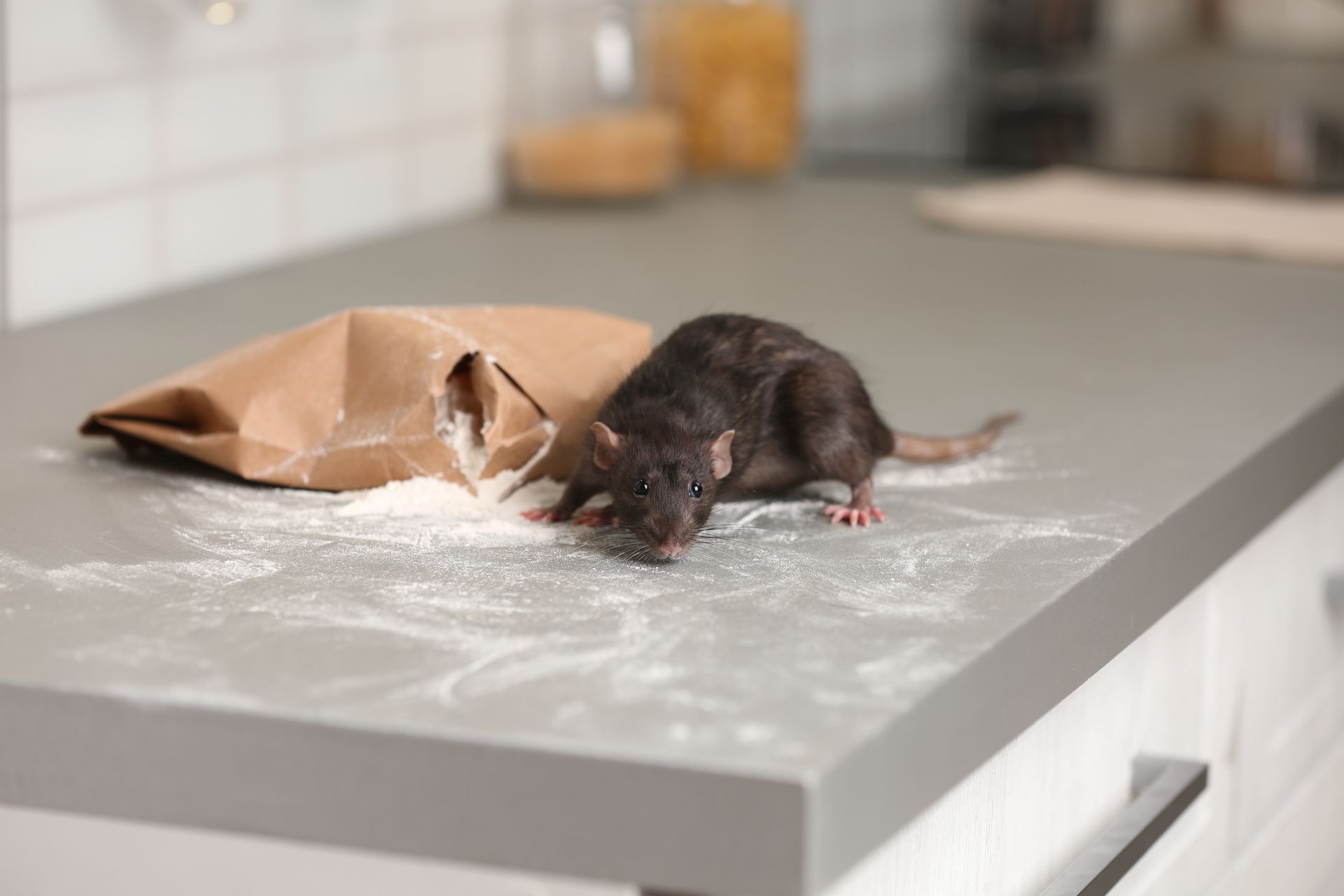
Living in Tampa has its perks: beautiful weather, vibrant culture, and stunning waterfronts. However, it's not just people who find Tampa an appealing place to call home. Rodents also thrive in this bustling city, making rodent control Tampa a critical concern for homeowners and businesses alike. In this blog post, we'll explore the top rodent species in Tampa, how to identify them, and effective strategies for keeping these unwelcome guests at bay. Read: “Urban Rodent Control Tampa: Navigating the Rat Race”
The Usual Suspects: Common Rodents in Tampa
When it comes to rodent control Tampa, there are three primary culprits you need to be aware of: the Norway rat, the roof rat, and the house mouse. Each of these species has unique characteristics and behaviors that make them particularly challenging to manage.
1. Norway Rat (Rattus norvegicus)
Identification: The Norway rat, also known as the brown rat or sewer rat, is one of the largest rodent species you'll encounter in Tampa. These rodents typically measure between 7 to 9.5 inches in body length, with an additional 6 to 8-inch tail. They have a robust, heavyset body, blunt nose, and small ears that are covered in fur. Their fur is coarse and usually brownish or gray, with a lighter underside.
Behavior: Norway rats are burrowers, often creating extensive tunnel systems in the ground, particularly in moist areas like basements, crawl spaces, and sewers. They are excellent swimmers and can thrive in damp environments. Norway rats are nocturnal and highly opportunistic, feeding on a wide variety of foods, from garbage to stored pantry items.
Rodent Control Tips:
- Seal any cracks or holes in your foundation, as Norway rats can squeeze through openings as small as half an inch.
- Keep your yard tidy and free of debris, as clutter provides excellent nesting sites.
- Ensure garbage bins are tightly sealed and store food in rodent-proof containers.
2. Roof Rat (Rattus rattus)
Identification: Roof rats, also known as black rats or ship rats, are smaller and more agile than Norway rats. They have a sleek body, measuring 6 to 8 inches in length, with a longer tail that can reach up to 10 inches. Roof rats have pointed noses, large eyes, and prominent ears. Their fur is smooth and can range from black to dark brown with a lighter belly.
Behavior: True to their name, roof rats are excellent climbers and prefer to nest in high places like attics, roofs, and trees. They are highly adaptable and can be found in both urban and rural environments. Roof rats are nocturnal and omnivorous, with a preference for fruits, nuts, and grains.
Rodent Control Tips:
- Trim tree branches and shrubs away from your home to prevent easy access to the roof.
- Inspect and repair any openings in your roof, eaves, and attic vents.
- Store food in secure containers and promptly clean up any spills or crumbs.
3. House Mouse (Mus musculus)
Identification: House mice are small rodents with a body length of 2.5 to 4 inches and a tail that is roughly the same length as their body. They have large ears, pointed noses, and small, beady eyes. Their fur is usually light brown or gray with a lighter underside.
Behavior: House mice are incredibly adaptable and can live in a variety of environments, from homes and barns to commercial buildings. They are excellent climbers and jumpers, making it easy for them to access food and nesting sites. House mice are primarily nocturnal and have a varied diet, including grains, seeds, and insects.
Rodent Control Tips:
- Seal gaps and holes around your home’s exterior, as mice can squeeze through openings as small as a dime.
- Keep food stored in airtight containers and maintain a clean kitchen.
- Use traps and baits strategically, placing them along walls and in areas where you’ve noticed rodent activity.
Signs of a Rodent Infestation
Effective rodent control Tampa starts with early detection. Here are some common signs that you might have a rodent problem:
- Droppings: Rodent droppings are a telltale sign of an infestation. Norway rat droppings are large and capsule-shaped, roof rat droppings are smaller and spindle-shaped, and house mouse droppings are tiny and rod-shaped.
- Gnaw Marks: Rodents constantly gnaw to keep their teeth sharp. Look for chew marks on food packaging, wires, and wooden structures.
- Nests: Rodents build nests using shredded materials like paper, fabric, and insulation. Check hidden areas such as attics, basements, and behind appliances.
- Noises: Scratching, squeaking, and scurrying sounds in walls, ceilings, and attics are common indicators of rodent activity.
- Tracks and Runways: Rodents often travel the same paths, leaving greasy marks along walls and floors.
Rodent Control Strategies for Tampa Residents
Implementing a comprehensive rodent control plan is crucial to keeping your home rodent-free. Here are some effective strategies:
- Exclusion: Seal all potential entry points, including gaps around doors, windows, pipes, and vents. Use materials like steel wool and caulk to block small openings.
- Sanitation: Maintain a clean environment by regularly cleaning up food crumbs, spills, and pet food. Store food in rodent-proof containers and keep garbage bins tightly sealed.
- Trapping: Use a variety of traps, such as snap traps, glue traps, and live traps, to capture rodents. Place traps along walls and in areas where you’ve noticed activity.
- Baiting: Use rodenticides carefully, following the manufacturer’s instructions. Baits should be placed in tamper-resistant bait stations to prevent accidental exposure to children and pets.
- Professional Pest Control: If you’re dealing with a severe infestation or if DIY methods aren’t effective, consider hiring a professional pest control service. Professionals have the expertise and tools to address rodent problems comprehensively.
Why Rodent Control is Crucial in Tampa
Rodents are more than just a nuisance; they pose serious health risks and can cause significant property damage. Here are a few reasons why rodent control Tampa is essential:
- Health Risks: Rodents can carry diseases such as leptospirosis, hantavirus, and salmonella. They can also trigger allergies and asthma attacks in sensitive individuals.
- Property Damage: Rodents gnaw on wires, insulation, and structural components, increasing the risk of fires and costly repairs.
- Contamination: Rodents contaminate food and surfaces with their droppings, urine, and fur, leading to potential foodborne illnesses.
Conclusion
Rodent control Tampa requires vigilance, knowledge, and proactive measures. By understanding the top rodent species in the area and how to identify them, you can take the necessary steps to protect your home and health. Remember, early detection and prompt action are key to preventing and managing rodent infestations. Whether you choose to tackle the problem yourself or enlist the help of a professional, keeping your home rodent-free is well worth the effort. So, stay alert, stay clean, and keep those rodents at bay!
Protect your home from Tampa's most notorious rodents with the expert services of Exceed Pest Control. Our team specializes in identifying and eliminating rodent infestations quickly and efficiently. Contact us today to ensure a rodent-free home and peace of mind.
Frequently Asked Questions (FAQ’s)
What are the most common rodent species in Tampa?
The most common rodent species in Tampa are Norway rats, roof rats, and house mice. Each species has unique characteristics and behaviors that require specific control strategies.
How can I tell if I have a Norway rat infestation?
Norway rats are large, with a robust body and blunt nose, often leaving capsule-shaped droppings and burrowing in damp areas like basements. Look for gnaw marks, droppings, and burrow holes around your property.
What are the distinguishing features of roof rats?
Roof rats have a sleek body, pointed nose, and long tail, with smooth fur ranging from black to dark brown. They are excellent climbers and often nest in high places like attics and roofs.
How do I identify a house mouse problem in my home?
House mice are small with light brown or gray fur, large ears, and small, beady eyes. They leave tiny, rod-shaped droppings and are often found near food sources and nesting in hidden areas.
What steps can I take to prevent rodent infestations in Tampa?
Seal all potential entry points, maintain a clean environment by storing food in airtight containers, and use traps and baits strategically. Regularly inspect your home for signs of rodent activity and consider professional pest control services for severe infestations.
Ready to work with Exceed Pest Control Inc.?
Let's connect! We’re here to help.
Send us a message and we’ll be in touch.
Or give us a call today at 727-999-1733
Agency Contact Form
More Marketing Tips, Tricks & Tools
